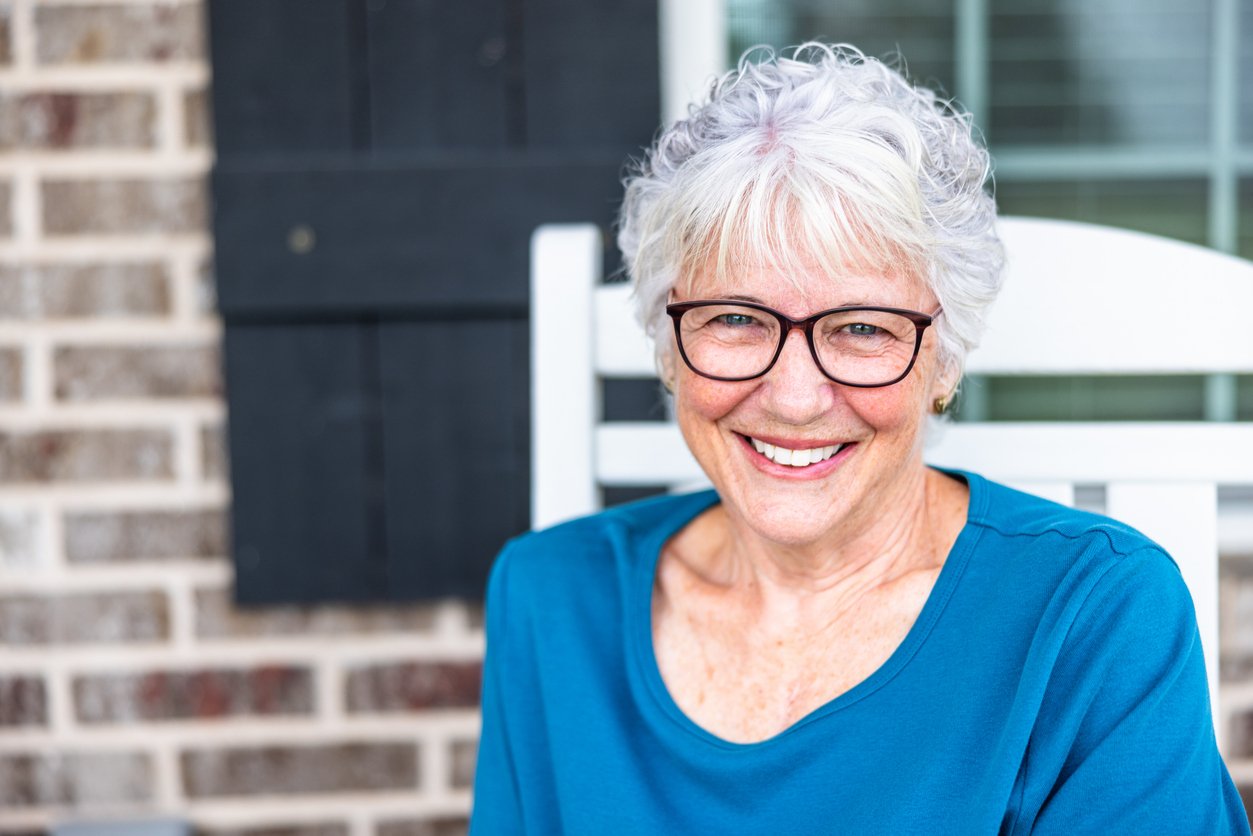Welcome to Alleviant
Integrated Mental Health Care for the Whole You
If you’re here, something isn’t quite right — for you or someone you love. Maybe it’s anxiety that won’t stop. Depression that won’t lift. A brain that won’t focus. A mind that feels lost, stuck, or overwhelmed. Or you just want to optimize your mental performance.
At Alleviant Integrated Mental Health, we understand that mental health is more than a diagnosis — it’s your story, your brain, your life. We provide compassionate, personalized care that integrates psychiatry, therapy, coaching, and cutting-edge brain technology to help you heal at the root.
Whether you’re struggling with emotional pain or simply want to optimize your brain performance — you belong here.
Why Alleviant?
We are a full-service outpatient psychiatric practice with a unique approach called Objective Psychiatry — a new standard of care that uses brainwave data (spectral EEG) to guide precise, individualized treatment.
We don’t guess. We measure.
We don’t label. We listen.
We don’t treat symptoms. We treat the person.
Our Services Include:
TMS & NeuroSync™ — non-invasive, brain-optimizing stimulation
Spravato® for treatment-resistant depression
Pharmacogenetic Testing
Performance Optimization — for anyone seeking to reach their peak
And more
Comprehensive Psychiatry (In-Person or Telehealth)
Therapy & Counseling (In-Person or Telehealth)
Health Coaching (Telehealth) for nutrition, toxicities, and deficiencies
Spectral EEG (sEEG) — visualize your brain’s electrical activity
Who We Help
Whether you’re just beginning your mental health journey or looking for answers after years of frustration, we’re here with something different. We help patients of all ages — children, teens, adults, and older adults — navigate depression, trauma, anxiety, ADHD, cognitive decline, OCD, and much more.
“At Alleviant, we believe the brain deserves the same level of precision, measurement, and care as every other organ in the body. We’re here to transform mental healthcare — one life, one family, and one community at a time.”
— Brian Mears, DNAP, APRN, CRNA, PMHNP-BC
Founder, Educator, International Speaker, Thought Leader in Objective Psychiatry
Accepted Insurances
This is not an inclusive list as we are in-network with most major insurances.
CareCredit Financing
To provide additional financial flexibility, we partner with CareCredit, a healthcare credit card designed to assist with medical expenses. With CareCredit, you can:
Apply Easily: Complete a quick application online or by phone.
Immediate Use: Upon approval, use your CareCredit card immediately for eligible services.
Flexible Payment Options: Choose from various financing plans that fit your budget.
For more information or to apply, visit the CareCredit website or contact our office for assistance.
Schedule Your Appointment
Book your in-person or telehealth appointment at Alleviant Mental Health by clicking below. Choose your visit type, location, and insurance, and you will receive an email confirmation with further instructions.
You’re not just a patient. You’re a person. And you’re not alone anymore.
Stay Informed with Alleviant’s Monthly Newsletter!
Sign up for Alleviant’s monthly newsletter and get expert insights, wellness tips, and the latest updates on mental health and holistic healing—delivered straight to your inbox. Stay ahead with exclusive content, self-care strategies, and special announcements tailored to support your well-being. Join our community today and take a step toward a healthier, more balanced life!






